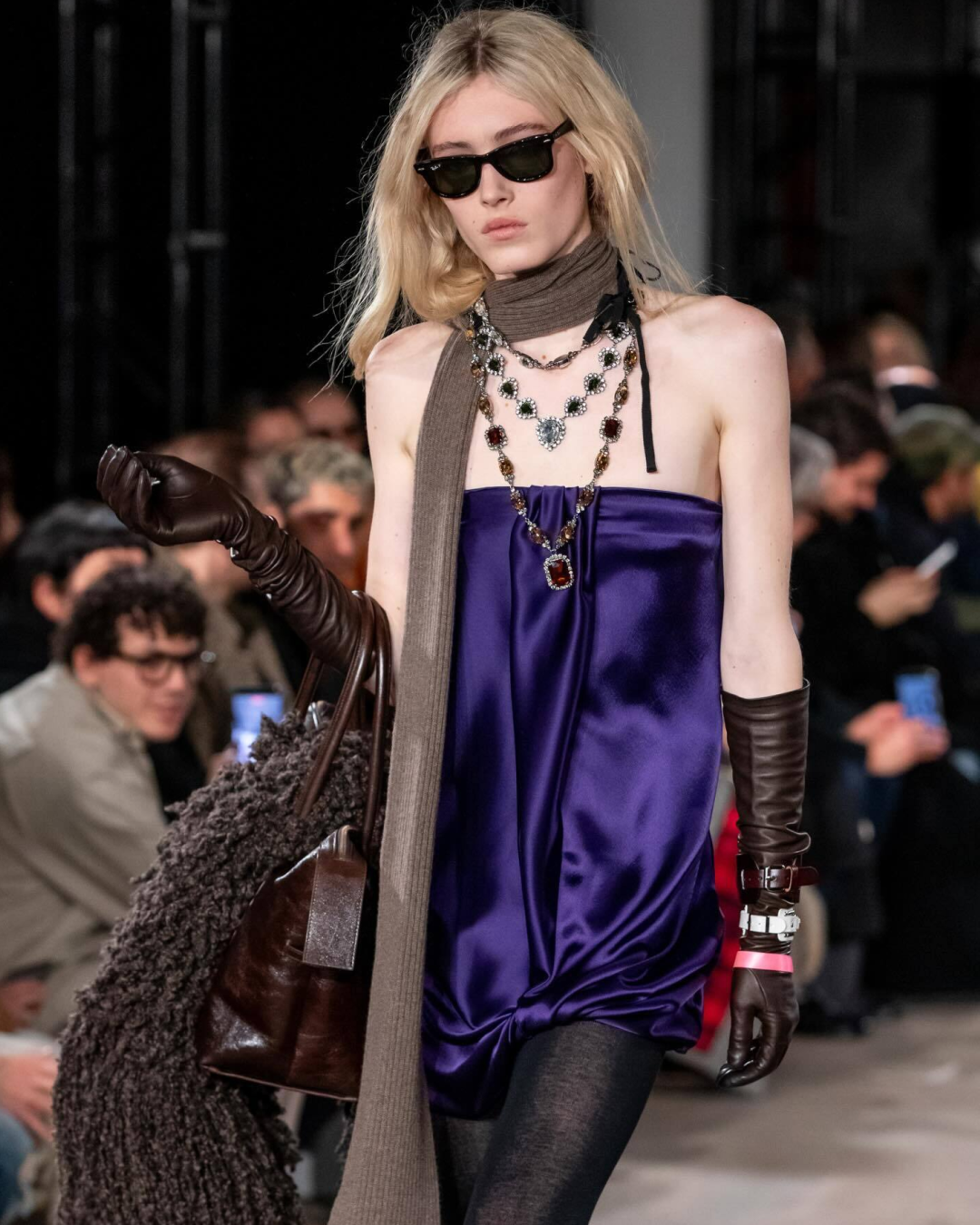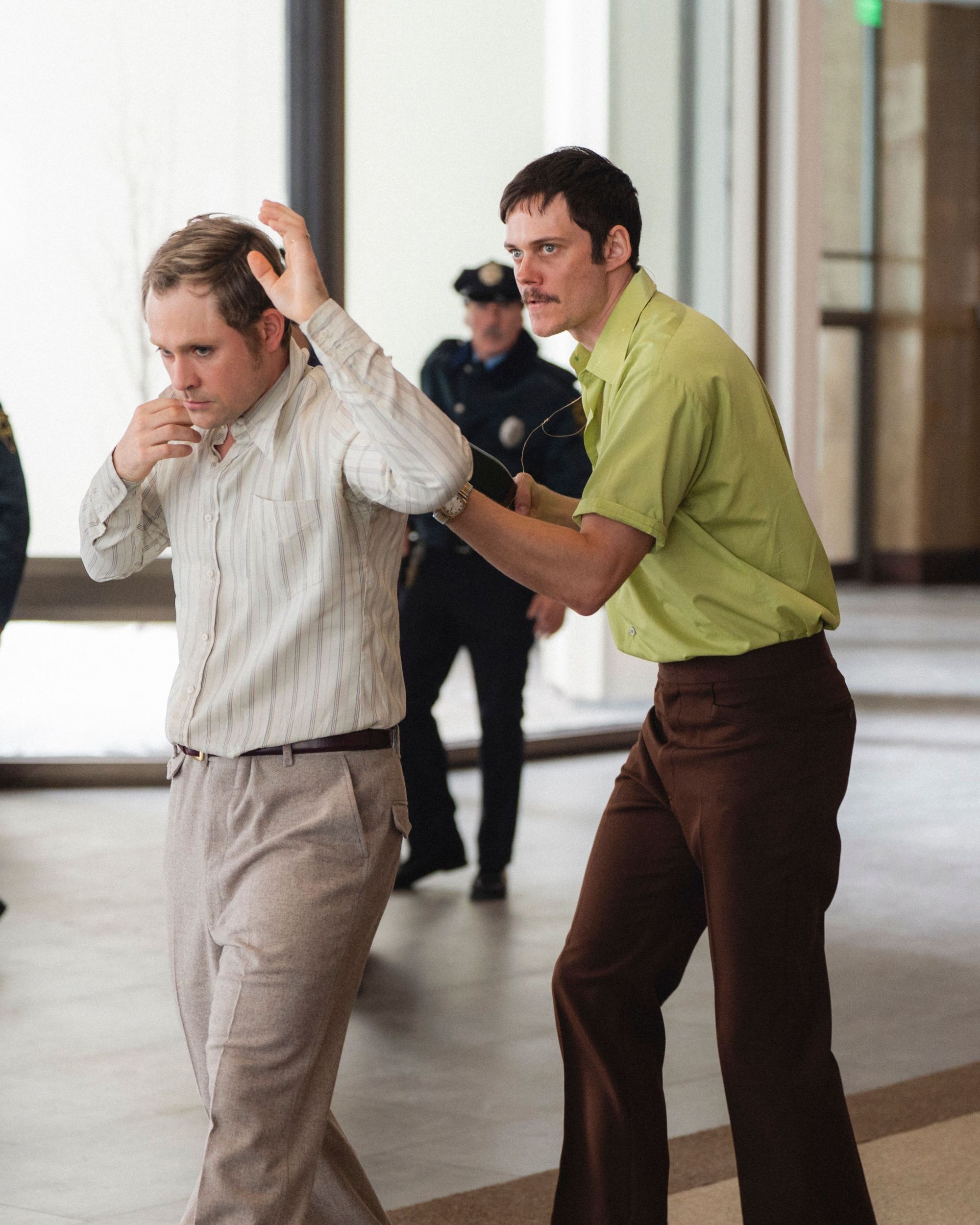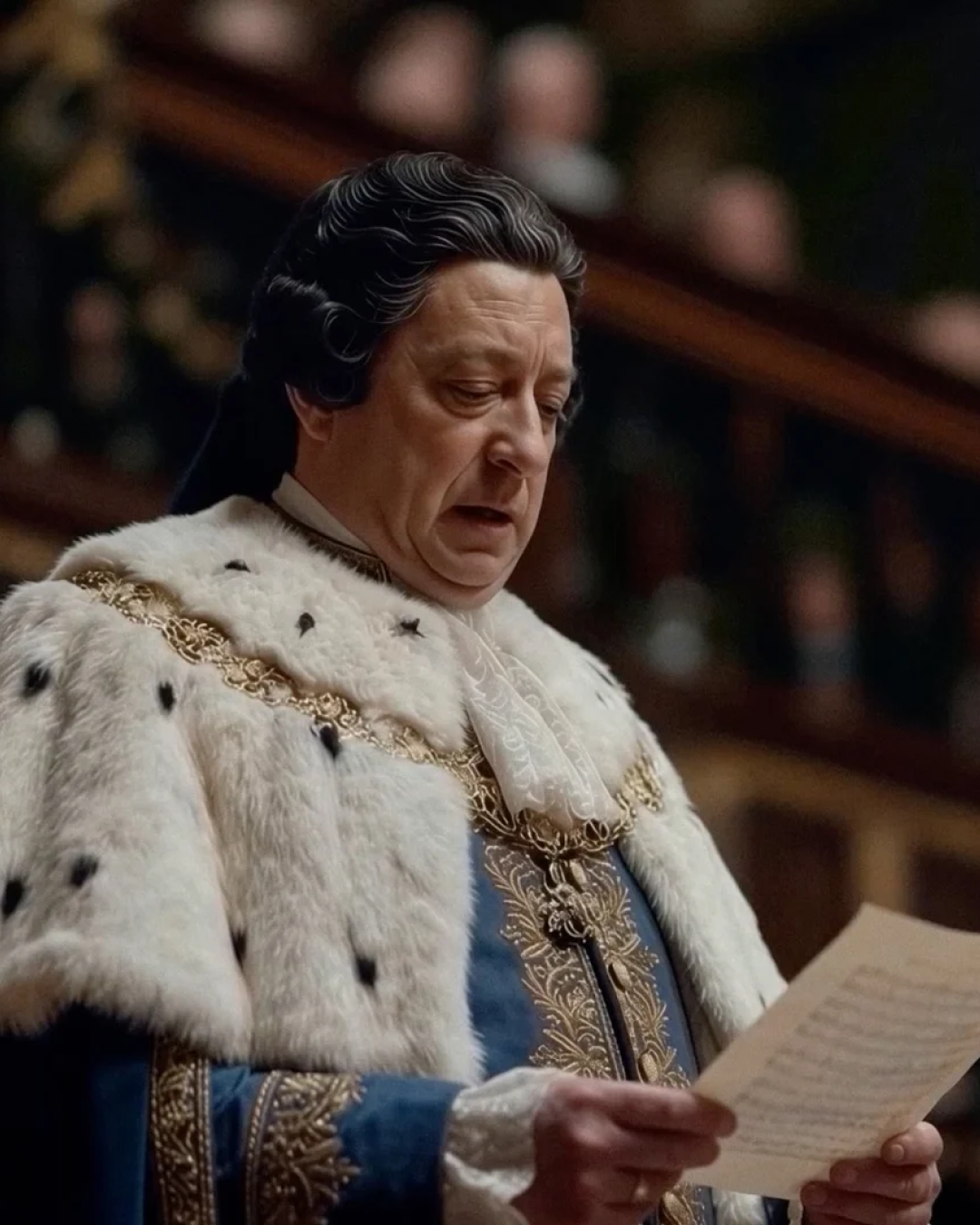
What is the novel that inspired Guadagnino's new film about? Separate Rooms, Pier Vittorio Tondelli's cult novel that defined the 1980s
There is already great anticipation for Separate Rooms, the new film by Luca Guadagnino, still in production, based on the cult 1980s novel by Pier Vittorio Tondelli. Although Queer — also based on a novel by William Burroughs — has just been released in Italian cinemas, the Palermo-born director remains booked and busy. As Guadagnino himself stated, he has already begun working on one of the four dreams he had since the beginning of his career: becoming the author of the adaptation of Camere separate by Tondelli. The film is expected in theatres in 2026, but some confirmations about a star-studded cast have already emerged: Josh O’Connor — likely playing the lead — and Léa Seydoux. The screenplay has been entrusted to Francesca Manieri — already a collaborator of Guadagnino on We Are Who We Are — who is now called upon to bring to the big screen the cult novel of the 1980s. Separate Rooms is the last novel by Pier Vittorio Tondelli, who died of complications related to AIDS at the age of only 36. Previously, he had published Altri libertini (1980), Pao Pao (1982), and Rimini (1985), works that marked a turning point in 1980s Italian literature, powerfully embodying its aesthetic and postmodern style. It is now up to Guadagnino to give voice back to one of the most original writers of the late 20th-century Italian literary scene.
But what is Separate Rooms about?
Published in 1989, Separate Rooms is divided into three acts that follow three seasons in the life and pain of Leo, a thirty-year-old writer and, according to critics, Tondelli’s alter ego in many ways. The novel opens with a flight to Munich: Leo’s boyfriend, Thomas, has died. Theirs was a long-distance but intense relationship: Leo traveled across Europe promoting his books, while Thomas, who had settled in West Berlin, lived a bohemian life and would meet up with Leo in various cities. They lived, quite literally, in separate rooms. Thomas’s death marks the end of the first movement of the book, and like in a piece of music, the theme returns with variations in the subsequent parts. In fact, the novel unfolds as a weave of stories about the journeys undertaken by Leo, first across Europe and then to New York, as he processes his grief, alongside the story of his love affair with Thomas: their first meeting, their first kiss, the trip to Barcelona, their life together, their separation, and ultimately, his death.
queste le prime pagine di Camere Separate di Tondelli forse faccio prima a spararmi pic.twitter.com/1aazd6BrSl
— lety (@xsheeranscarss) July 14, 2024
A love story entangled with pain and death, which can also be seen as a metaphor for youth and the transition to adulthood. Separate Rooms is Tondelli’s final novel and the one that most departs from his previous work. The Emilian writer had debuted in 1980 at the age of 25 with Altri Libertini, a collection of stories written in raw and virtuosic language, able to give new sound to literary language and to portray a generation of young provincial outsiders of the 1980s seeking escape through drugs, sex, music, theatre, or simply by fleeing the provinces. With Separate Rooms, Tondelli sought to free himself from the label of “youth writer,” addressing the theme of youth and its difficult — and at times never completed — transition to maturity, symbolically identified with turning thirty. In fact, the thirty-year-old protagonist of Separate Rooms finds himself in a limbo: no longer young but unable to fully evolve into adulthood, unwilling to accept the compromises of the conformist society he lives in. Leo is thus introduced as an outsider to the circle of “integrated” people he associates with, while the omniscient narrator lists in the negative all the recognizable traits of a traditional coming-of-age novel: Leo is detached from the community; he has no family or children; he does not have a regular job; he doesn’t even have a true homeland in the sense of a place of origin where he feels integrated and with which he shares ideals, because, on top of all these differences with his society, Leo is homosexual.














































